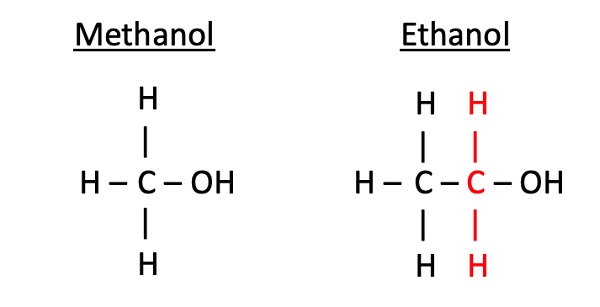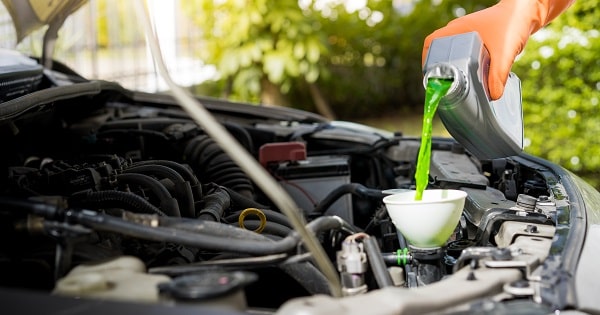Alcoholic fermentation is carried out on a large scale by culturing the yeast of the fungal fungus (Sacharomyces Cerevistac) in special fermentation containers with primary yeast dough (primary fermenter). The desired yeast culture mass is then transferred to fermentation jars containing molasses diluted with water and the pH is adjusted to 4.5.
Molasses diluted with water produces an aqueous solution containing 10% sugar. To this solution is added some ammonium sulfate (72 g per 10 liters of molasses) to provide the necessary nitrogen for the growth of yeast (sugar fungus). They also add some sulfuric acid (204 grams with a 60 degree canister per 10 liters of molasses) to slightly acidify the environment and prevent the growth of harmful bacteria. Therefore, the yeast is prepared in this way and transferred to special fermentation jars
Alcohol production line
In the alcohol production line, due to the heat generated during the fermentation process, the temperature gradually increases, which needs to be controlled by cooling the coils or spraying cold water (Cold Water Spray). The fermentation process begins within a few hours after the yeast has risen and will intensify after 24 hours, usually within 30 to 70 hours. During this period, its specific gravity remains constant. At this stage, the product contains 6 to 8% alcohol.

The fermented liquid is left to stand for a few hours, then distilled to give the product a maximum alcohol concentration (95.6% alcohol and 4.4% water). At this stage, the product is ready for packaging in the form of pure alcohol and counterfeit alcohol and supply to the market.
Applications and uses
Ethanol is used in the antifreeze industry due to its low melting point. It is a very good solvent and is used in perfumery, dyeing and industries. Its 85-70% solution is used as a disinfectant solution. Ethanol kills microorganisms by altering proteins and dissolving fats. Of course, this action is only effective against bacteria, viruses and fungi, but against spores, bacteria have no effect. Ethanol is also widely used in the alcoholic beverage industry.

Ethyl alcohol is also widely used as a solvent for polishes, varnishes and paints. Ethyl alcohol is used directly in the preparation of many chemical compounds.
Another major application of ethanol is the production of pure alcohol as a fuel in automobile engines. Ethanol can also be used in DEFC direct fuel cells to generate electricity along with water and carbon dioxide by-products. Ethanol is also used in rocket fuel to increase propulsion. Ethanol is used in medical centers for disinfection of medical devices, wound disinfection and hand sanitizers. Ethanol is also used as an antidote to eliminate the toxic effects of some substances such as methanol and ethylene glyco.
